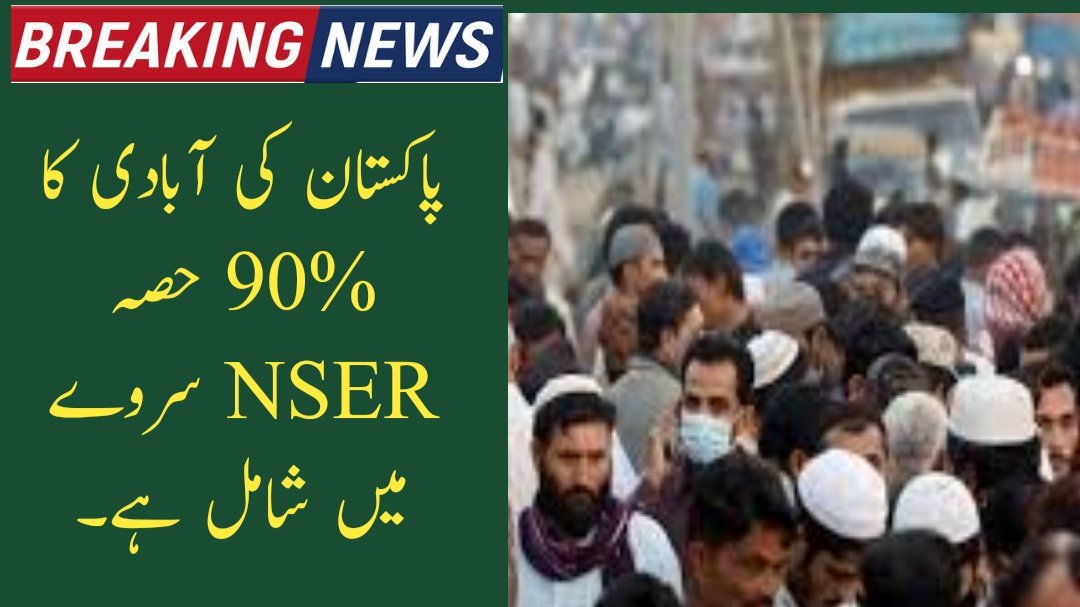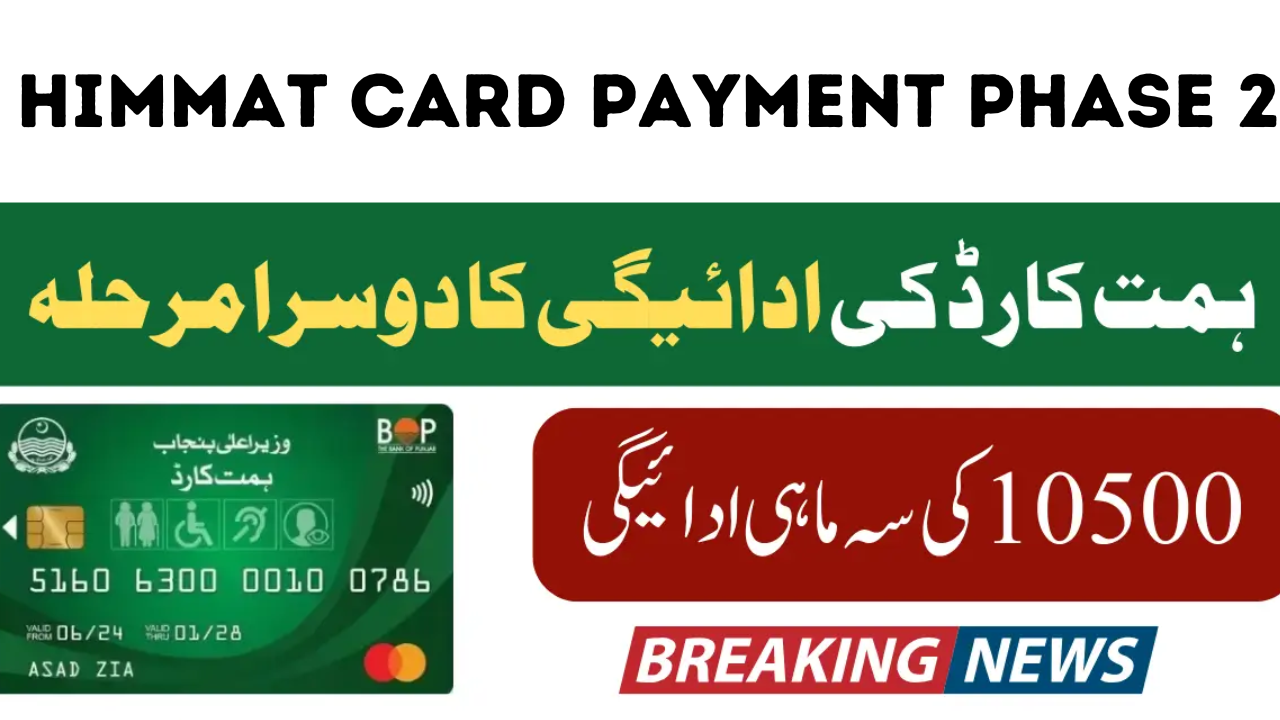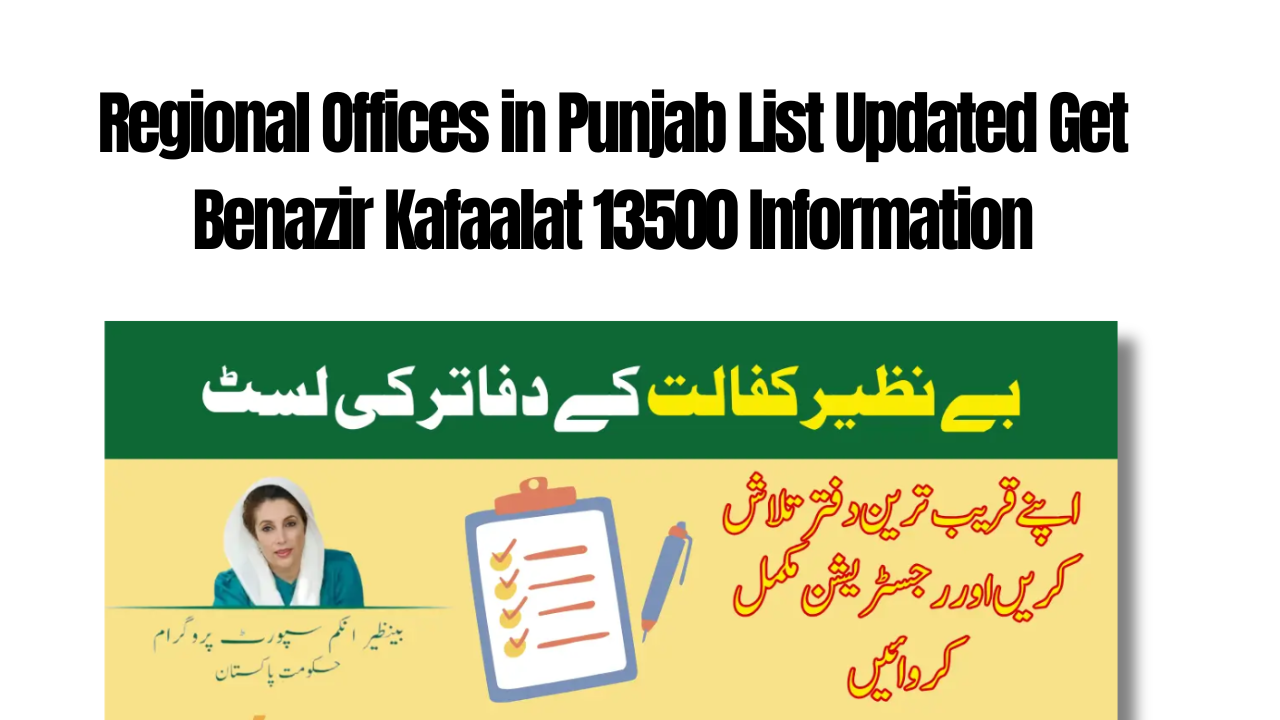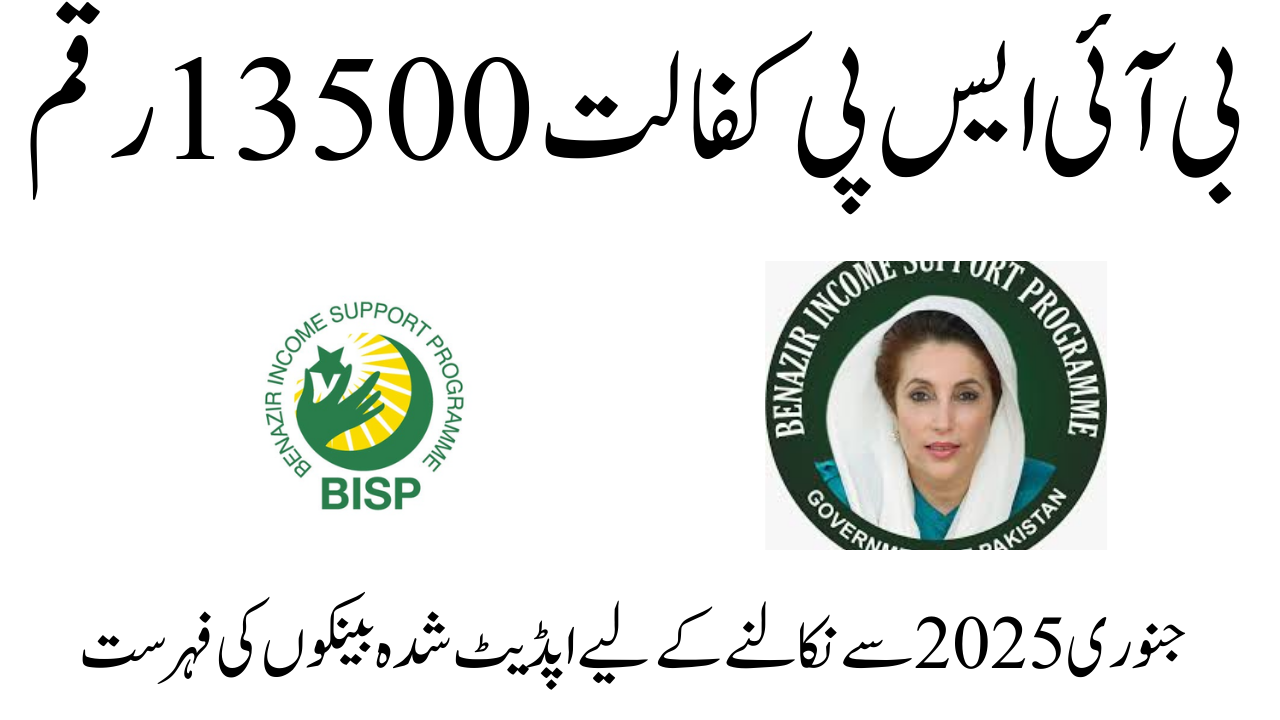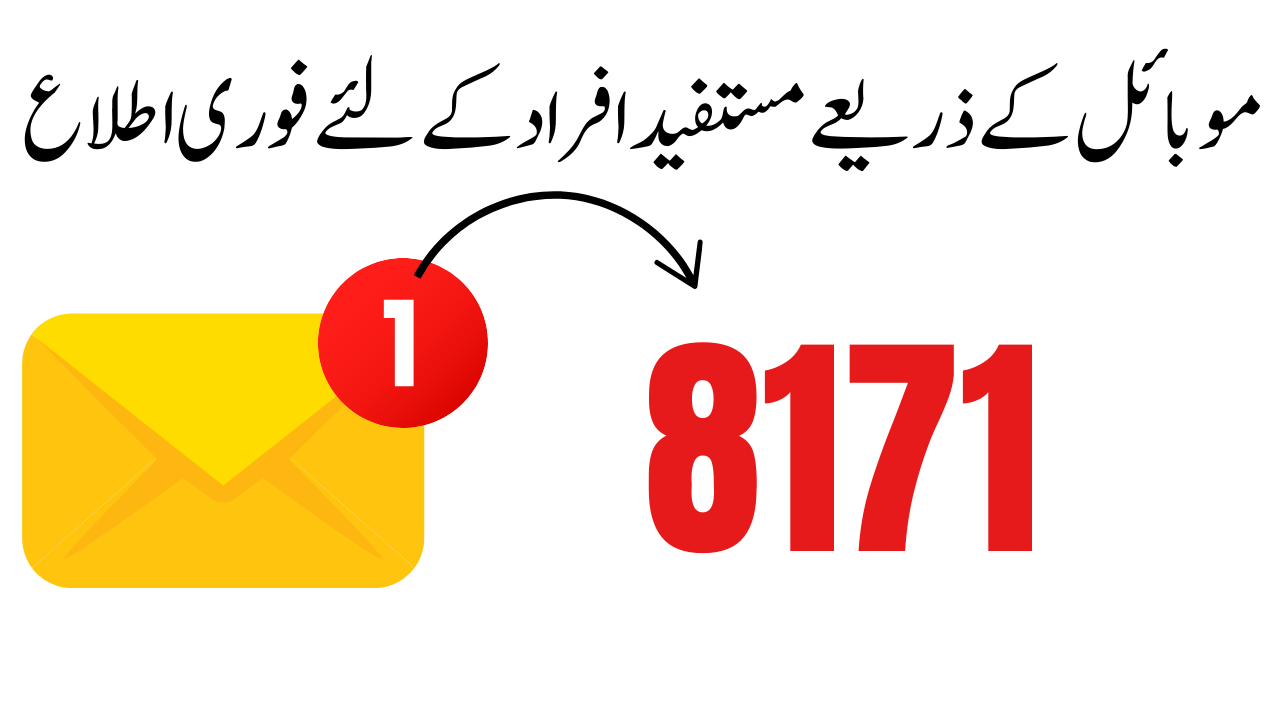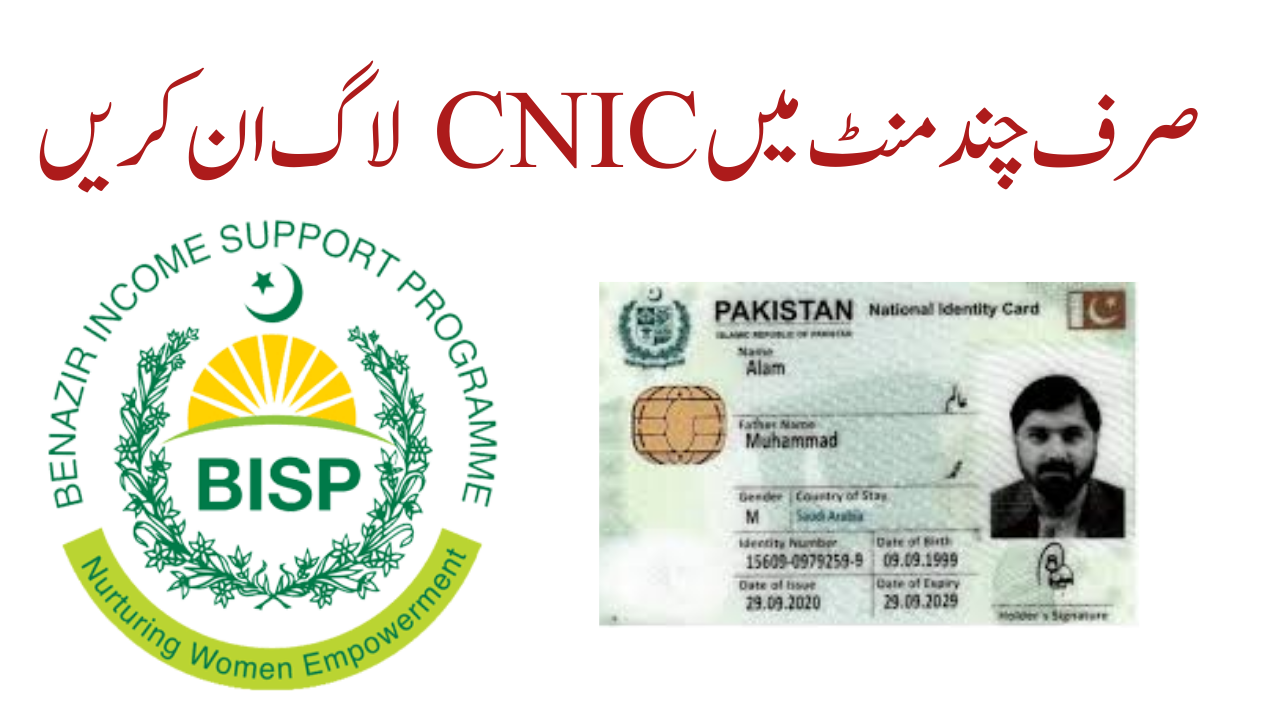The Benazir Income Support Programme (BISP)’s National Socio-Economic Registry (NSER) survey now includes 90% of Pakistan’s population. This survey gathers critical information to identify families who are eligible for government aid programs. The NSER survey is an important instrument for giving financial assistance to the most vulnerable households in the country.
Also Read: BISP Mobile Van Enrollment 2024: News for Balochistan, Sindh, and Khyber Pakhtunkhwa
| Detail | Information |
| Coverage | 90% of Pakistan’s population |
| Survey conducted by | BISP and NADRA |
| Services provided | Data collection, CNIC registration |
| Key focus | Identifying eligible families for government schemes |
NSER Survey Across Pakistan
The NSER survey was done in nearly every district and region of Pakistan. BISP has established offices in tehsils to collect data and register eligible families. BISP now offers mobile van services in distant places. These vans help people register for the survey, and they also assist those who don’t have a CNIC in getting one.
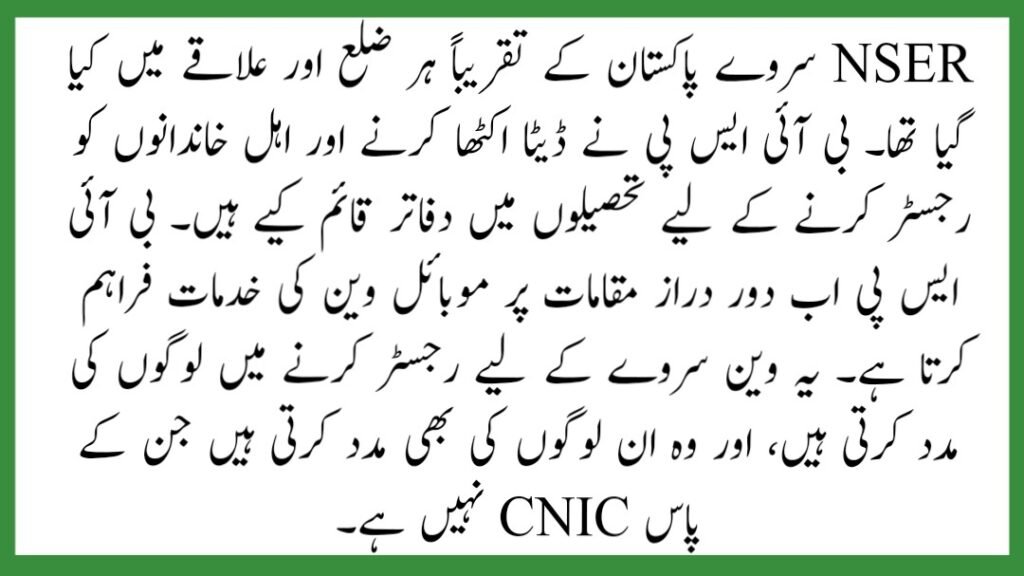
Why BISP Conducts the NSER Survey
BISP performs the NSER survey to identify families who require financial assistance. The survey collects information to determine each family’s Poverty Management Tool (PMT) score. If a family’s score falls below 30, they are eligible for the Benazir Kafaalat payment. However, if the score exceeds 30, the family is ineligible for the program.
Also Read: How to Apply for the ‘Apni Chhat Apna Ghar’ Scheme New Method 2024
How Dynamic Registration Works
Thousands of people visit BISP tehsil offices each day to finish the dynamic registration procedure. This process includes confirming CNICs and registering for the survey. After registering, families can monitor their status online via the BISP website. The dynamic registration helps maintain the survey data up to date with the most recent information regarding families’ socioeconomic status. Families can readily register by visiting their local tehsil offices. CNIC verification: When registering, families must provide their CNIC for identity verification. Mobile services: Mobile vans are provided to assist persons in remote areas with the registration process. Online tracking: After registering, families can check the status of their application via an online site.
Completing the Dynamic Registration
To complete the dynamic registration, one must go to the nearest BISP tehsil office. They must bring their CNIC and their children’s B-Forms for registration. After presenting these documents, individuals will be given a token and asked questions about their financial condition. Once the process is completed, the individual will have to authenticate their thumbprint, and a confirmation message will be given to them.
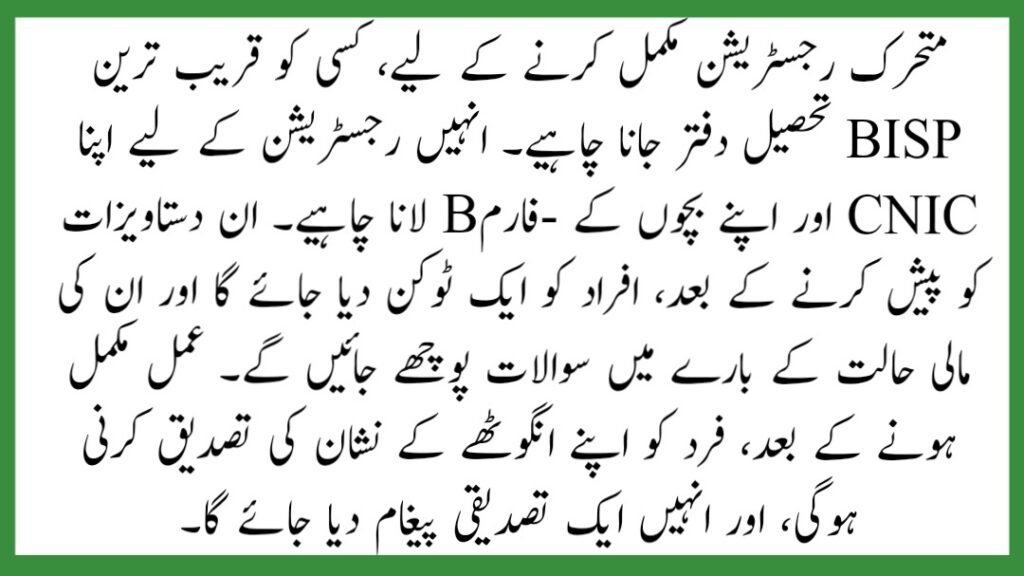
Conclusion
The NSER survey now covers 90% of Pakistan’s population, making it a significant tool for identifying homes that require financial assistance. BISP’s dynamic registration technique ensures that even remote families are accommodated. BISP continues to provide crucial support to Pakistan’s most disadvantaged populations through data collection and updates.

